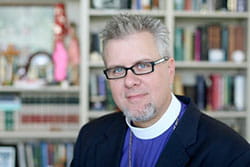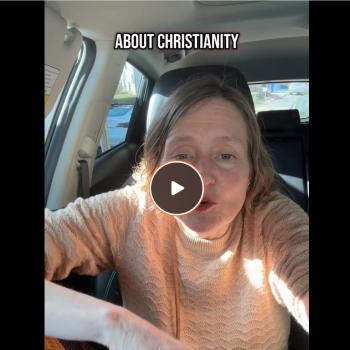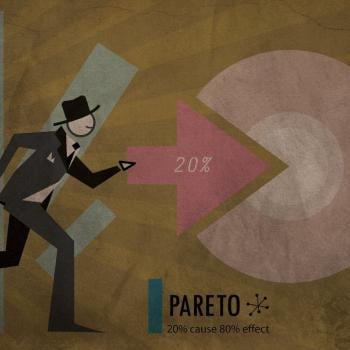 In May 2008, Andrew C. Doyle was elected the ninth bishop of the Episcopal Diocese of Texas, with authority over 153 congregations, 67 Episcopal schools, a multitude of ministries within churches and in communities, and one of only two Episcopal seminaries west of the Mississippi River. Since his installation, he has made a name for himself as someone engaging with culture and is active in blogging and social media. His self-drawn video about Ash Wednesday (Andy is an artist and fly fisherman as well as a Christian leader) went viral this spring.
In May 2008, Andrew C. Doyle was elected the ninth bishop of the Episcopal Diocese of Texas, with authority over 153 congregations, 67 Episcopal schools, a multitude of ministries within churches and in communities, and one of only two Episcopal seminaries west of the Mississippi River. Since his installation, he has made a name for himself as someone engaging with culture and is active in blogging and social media. His self-drawn video about Ash Wednesday (Andy is an artist and fly fisherman as well as a Christian leader) went viral this spring.
Andy is the son of an Episcopal priest, and had already spent years reflecting on the Church before his election. Since then, he has delved deep into the best of secular and sacred thinking to try and articulate a vision for his office, and for the larger Church. In 2012, he published Unabashedly Episcopalian: Proclaiming the Good News of the Episcopal Church, which remains an Episcopal bestseller. This year, he has two books coming out, and he kindly agreed to talk with me about these books, his thoughts on the Church, and his hopes for our future. Here's the first part of our conversation.
Greg Garrett: As an Episcopal bishop, it probably isn't surprising that unlike those who suggest we live entirely in a post-denominational moment, you very clearly see evangelism through the lens of our particular Christian tradition. You write in Church that "We must be about discipling Christians as Episcopalians." What would be your elevator talk (your one-minute explanation) of why someone might find the Episcopal Church a powerful lens through which to see Jesus? What does our Church have to offer in terms of lifelong practice?
Andy Doyle: Every day, every weekend, people across the country get up and venture out to a church of their choosing. There is a lot of press that says that people aren't going to church. That is not the church's experience. (Now we can talk about the numbers and the decrease of percentages…)
Every Sunday people choose us. So I believe it is important to understand why they are choosing us and to embrace the best part of ourselves as Episcopalians — our communities, our worship, our sacraments, our ability to live with difficult questions, our commitment to serving as neighbors in our cities. I believe that the Episcopal Church is a place where those seeking a loving God might discover God through our worship and sacraments, surrounded by a welcoming loving family of seekers who themselves know well their own brokenness, failings, shortcomings, but have found that loving, forgiving God.
Moreover, I would add that I think the growing number of "Nones" and "Dones" are likely to be interested in this particular kind of faith when we are at our best. Unburdened by budgets, buildings, and maintenance, at our best, the Episcopal Church has a legacy of contextual mission whereby we are engaging and investing in real relationships.
We are at our best when we are undertaking reconciliation ministry in the world around us. The Dean of Coventry Cathedral, John Whitcombe, offers that what we bring to the table in our communities, is well, our table. Our Episcopal tradition is one where we are willing to sit at table with a diversity of people.
It reminds me of those old folding card tables my grandmother used for bridge parties. We as Episcopalians need to pack up our folding tables and venture out sharing the sacraments and fellowship with our neighbors.
Greg Garrett: You have two books coming out this year, beginning with the weighty Church: A Generous Community Amplified for the Future this spring, and a shorter partner book, A Generous Community: Being the Church in a New Missionary Age, this fall. What was your intent in writing these two books? How do you hope people will use each of them?
Andy Doyle: Church is a historical and futuristic view of the potential God has in store for the denominational Church. Regardless of denomination, if you are a thought leader, clergy member, pastor, deacon, theologian, missionary, a social communicator, or a lay leader working on God's mission, this is a book for you. If you are trying to understand the changing context in which we find ourselves undertaking ministry, I think you should read this book. If you love the history of the denominational church and are interested in how that history prepares us for our future, you will enjoy this book.





